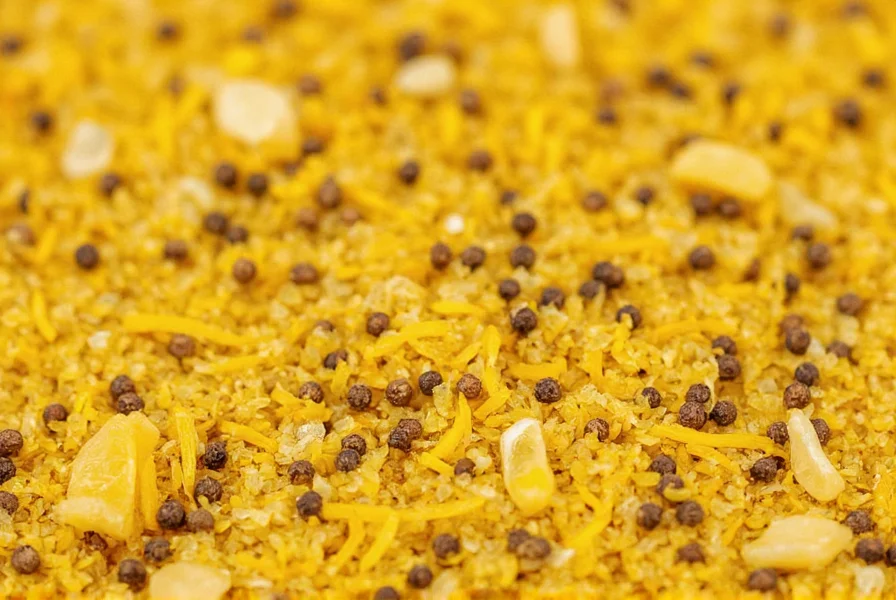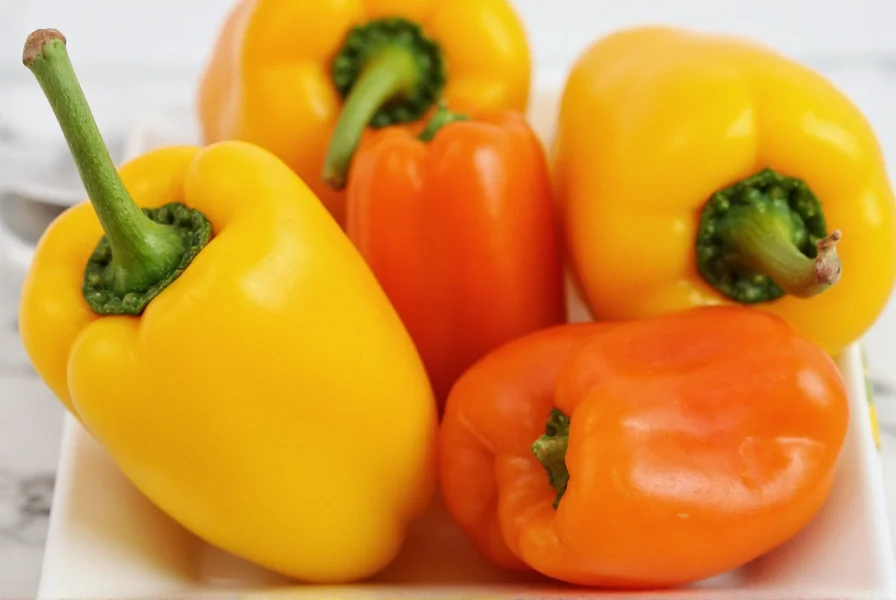Understanding this popular culinary blend begins with recognizing its fundamental composition and purpose in modern cooking. Unlike standard lemon pepper, which focuses primarily on citrus and mild pepper notes, hot lemon pepper delivers a more pronounced kick while maintaining that bright, refreshing lemon character essential for balancing rich flavors.
Flavor Profile and Composition
Hot lemon pepper seasoning creates a dynamic flavor experience through carefully balanced components. The base typically consists of:
| Primary Ingredient | Flavor Contribution | Typical Proportion |
|---|---|---|
| Dried lemon zest | Bright citrus notes, tangy freshness | 40-50% |
| Coarsely ground black pepper | Sharp heat, earthy complexity | 30-40% |
| Garlic powder | Savory depth, aromatic quality | 10-15% |
| Cayenne or red pepper flakes | Additional heat dimension | 5-10% |
The precise ratio varies among blends, but quality hot lemon pepper maintains equilibrium between citrus brightness and pepper heat. Premium versions often incorporate additional elements like onion powder, coriander, or even a touch of sea salt to enhance the overall flavor complexity without overwhelming the primary lemon-pepper profile.

Hot Lemon Pepper vs Regular Lemon Pepper
Understanding the difference between these two popular seasonings helps home cooks make informed choices. While both share lemon and pepper as foundational elements, their applications differ significantly:
- Heat level: Hot lemon pepper contains additional spicy elements like cayenne or crushed red pepper, creating a noticeable kick absent in traditional lemon pepper
- Pepper grind: Hot versions often use coarser black pepper for more pronounced texture and heat release
- Flavor balance: Regular lemon pepper emphasizes citrus notes with mild pepper background, while hot lemon pepper creates more equal partnership between citrus and heat elements
- Culinary applications: Hot lemon pepper works better with robust proteins and hearty vegetables, while standard lemon pepper suits more delicate preparations
Optimal Culinary Applications
Hot lemon pepper shines in specific cooking scenarios where its dual citrus-heat profile enhances rather than overwhelms ingredients. Professional chefs recommend these applications for best results when using hot lemon pepper seasoning:
Protein Pairings
Chicken and fish particularly benefit from hot lemon pepper's bright heat. For grilled chicken breasts, apply a generous coating 15 minutes before cooking to allow flavors to penetrate. The citrus elements cut through poultry's richness while the heat adds dimension. When preparing salmon, create a paste with olive oil and hot lemon pepper for a flavorful crust that complements the fish's natural oils.
Vegetable Enhancement
Roasted vegetables transform with hot lemon pepper. Toss root vegetables like potatoes, carrots, and parsnips with olive oil and seasoning before roasting. The high heat caramelizes the citrus elements while the pepper's heat penetrates the vegetables' natural sweetness. For a surprising twist, sprinkle hot lemon pepper over roasted Brussels sprouts during the final five minutes of cooking.

Crafting the Perfect Hot Lemon Pepper Marinade
Creating an effective marinade maximizes hot lemon pepper's potential. Combine 2 tablespoons hot lemon pepper with 1/4 cup olive oil, 2 tablespoons lemon juice, 1 tablespoon honey, and 2 minced garlic cloves. This balance of fat, acid, sweet, and seasoning penetrates proteins while the hot lemon pepper's essential oils distribute flavor evenly. Marinate proteins for 30-90 minutes—longer periods risk the citrus curdling delicate proteins.
Storage and Shelf Life Considerations
Preserving hot lemon pepper's vibrant flavor requires proper storage. The citrus elements, particularly lemon zest, lose potency faster than dried spices. For optimal freshness:
- Store in an airtight container away from light and heat
- Use within 6 months for peak flavor (standard lemon pepper lasts 1-2 years)
- Refrigeration extends shelf life but may cause clumping
- Check for faded color or diminished aroma as signs of degradation
Creating Your Own Hot Lemon Pepper Blend
Homemade hot lemon pepper allows customization of heat level and freshness. The basic recipe for a small batch:
- Combine 3 tablespoons freshly grated lemon zest (dried for 24 hours)
- Add 2 tablespoons coarsely ground black pepper
- Mix in 1 tablespoon garlic powder
- Incorporate 1-2 teaspoons cayenne pepper (adjust to preferred heat)
- Add 1 teaspoon onion powder (optional)
- Store in airtight container for 3-5 days to allow flavors to meld
This DIY approach to making hot lemon pepper seasoning ensures maximum freshness and lets you control the heat level precisely. For extended storage, freeze the dried lemon zest separately before blending.
Substitution Strategies
When hot lemon pepper isn't available, strategic substitutions maintain recipe integrity. Consider these alternatives for hot lemon pepper in recipes:
- Mix regular lemon pepper with 1/4 teaspoon cayenne per tablespoon
- Combine equal parts lemon zest, black pepper, and a pinch of red pepper flakes
- Create a paste with lemon juice, black pepper, and a dash of hot sauce
- Use za'atar seasoning with added black pepper for Mediterranean-inspired dishes
Remember that substitutions won't perfectly replicate hot lemon pepper's unique texture and flavor release, but they provide acceptable alternatives when planning your hot lemon pepper substitute options.
Conclusion
Hot lemon pepper seasoning offers a compelling flavor dimension that bridges citrus brightness and pepper heat. Understanding its composition, proper applications, and storage requirements helps home cooks maximize its potential. Whether purchasing commercial blends or creating your own, this versatile seasoning elevates proteins, vegetables, and even unexpected applications like popcorn or roasted nuts. The key to successful hot lemon pepper usage lies in balancing its dual nature—allowing both citrus and heat elements to enhance rather than dominate your dishes.











 浙公网安备
33010002000092号
浙公网安备
33010002000092号 浙B2-20120091-4
浙B2-20120091-4